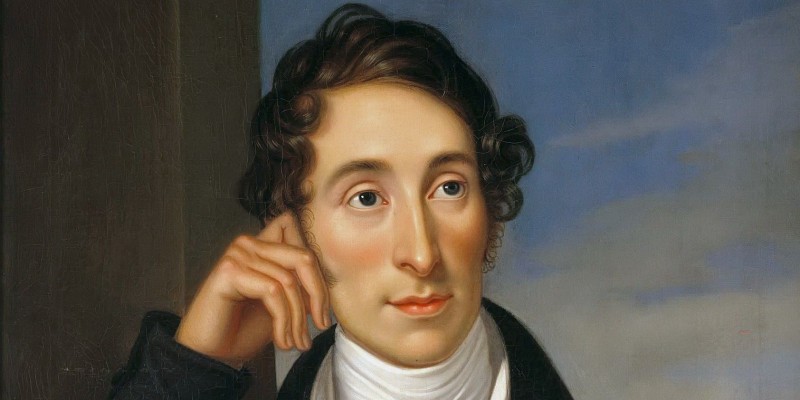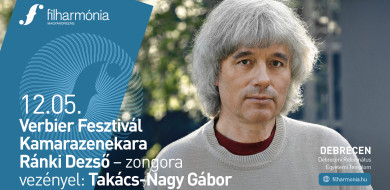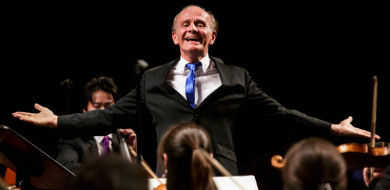Carl Maria Friedrich Ernst von Weber was born in November 1786 to a family of traveling musicians, Weber was taught by his half-brother before studying with Michael Haydn, the younger brother of Joseph Haydn. His first post was as conductor for the Breslau Opera in Wroclaw, Poland. Blessed with a beautiful voice, Weber lost this gift when he accidentally drank nitric acid, an event which luckily did not take his life. A remarkable pianist, conductor, and critic, he moved to Frankfurt and in the same year, he was appointed director of the newly founded German Opera in Dresden, where he would compose his greatest dramatic works. It was in Berlin and Vienna that his famous opera Der Freischütz and the grand opera Euryanthe were performed. Weber suffered from tuberculosis during the last years of his life, and finally succumbed in 1826 during a visit to London to produce his final opera, Oberon, at Covent Garden. In 1844, Wagner, a great admirer of Weber, arranged for his mortal remains to be brought back to Germany, where the composer was given a funeral and reburied. In his eulogy Wagner called him the most German composer.
Carl Maria Friedrich Ernst von Weber was born in November 1786 to a family of traveling musicians, Weber was taught by his half-brother before studying with Michael Haydn, the younger brother of Joseph Haydn.










